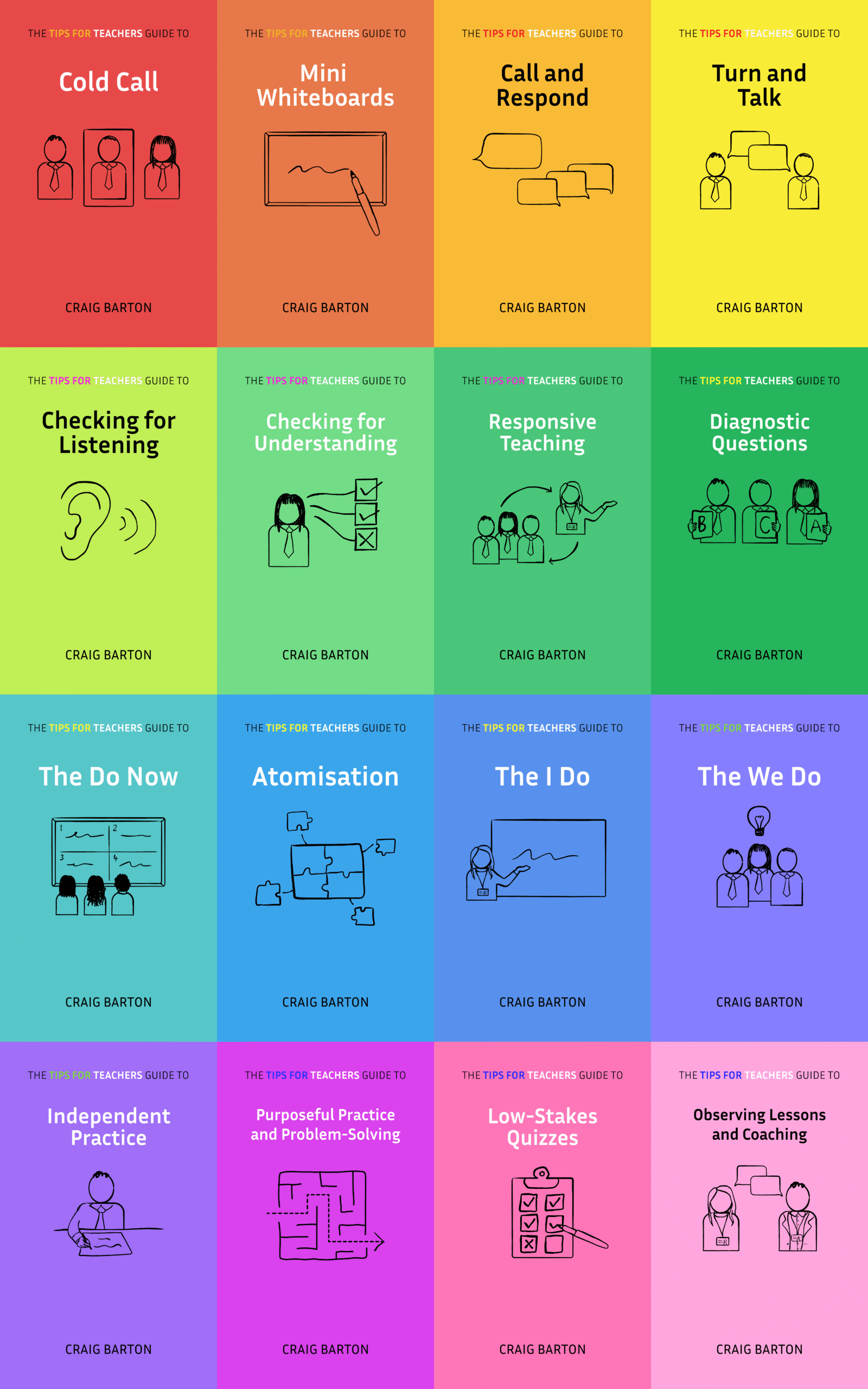
- Title: Enhancing Final Exam Performance Through Retrieval Practice: Evidence From a Diverse College Sample
- Authors: Kenneth J. Barideaux, Jr.
- Access the original paper here
- Listen to a deep-dive podcast:
Paper summary
This source examines how retrieval practice, which involves actively testing oneself on learned material, affects final exam performance in a diverse college student sample. The study compared students who completed a brief multiple-choice practice test to those who received a traditional instructor-led review. Findings indicated that retrieval practice improved overall exam scores across various question types, including rephrased and applied concepts, and also reduced perceived exam difficulty and anxiety among students. This research supports the generalizability of retrieval practice benefits to a broader student population and suggests its simple implementation can significantly enhance learning outcomes.
If teachers remember one thing from this study, it should be…
Teachers should prioritise implementing retrieval practice (e.g., brief practice tests) in class, even with minimal preparation. This simple strategy effectively enhances diverse students’ final exam performance across various question types, improves long-term retention, and can reduce exam-related worry.
***Paper Deep Dive***
Define any technical terms used in the paper
Transfer of Knowledge: Applying learned information; near-transfer (similar content) and far-transfer (novel situations).
Retrieval Practice (Testing Effect): Actively recalling information (e.g., practice tests) significantly enhances long-term retention and exam performance.
Desirable Difficulties Framework: Explains that challenging cognitive effort during learning strengthens memory.
WEIRD Samples: Western, Educated, Industrialized, Rich, Democratic populations, often overrepresented in research, limiting generalizability.
What are the characteristics of the participants in the study?
The study included 38 racially and generationally diverse U.S. undergraduates from a psychology course. The participants were 74% female, 24% male, and 2% nonbinary, with an average age of 23. Approximately half identified as White and half as students of color, and 37% were first-generation college students.
What does this paper add to the current field of research?
This paper replicated and extended past findings by demonstrating that a brief retrieval practice activity benefits diverse learners in a real classroom setting. It uniquely compared retrieval practice to an instructor-led review (more reflective of real-world practice than re-reading) and showed benefits for factual, applied, and unrelated exam questions.
What are the key implications for teachers in the classroom?
Simplicity and Feasibility: This learning strategy is simple to implement and requires minimal preparation. This study specifically highlights its benefits compared to traditional instructor-led reviews, making it a valuable alternative to common teaching approaches.
Prioritise and implement retrieval practice: Instructors should encourage retrieval practice both in class and for independent study, especially when students are preparing for formal assessments. Even small doses of retrieval practice can promote more effective learning, foster long-term retention, and enhance knowledge transfer.
Benefits across diverse question types: Retrieval practice improves student performance on final exams, benefiting not just factual questions, but also applied and even unrelated questions.
Positive student experience: Students who engage in retrieval practice report less worry or anxiety about their exam grade and perceive the exam as less difficult. This suggests it can help mitigate test anxiety and create a more positive testing experience.
Effectiveness for diverse learners: The study demonstrates that retrieval practice is effective across racially and generationally diverse student populations, supporting equitable teaching practices.
Why might teachers exercise caution before applying these findings in their classroom?
Teachers should exercise caution because the study used a quasi-experimental design, meaning observed performance differences cannot be solely attributed to retrieval practice. The intervention was a single, brief activity with only fact-based questions, so generalizability to longer periods or varied test types is limited. Additionally, students’ out-of-class study habits were not assessed, which could influence results.
What is a single quote that summarises the key findings from the paper?
This study replicated and extended past findings by showing that a brief retrieval practice activity benefits diverse learners in the classroom.








